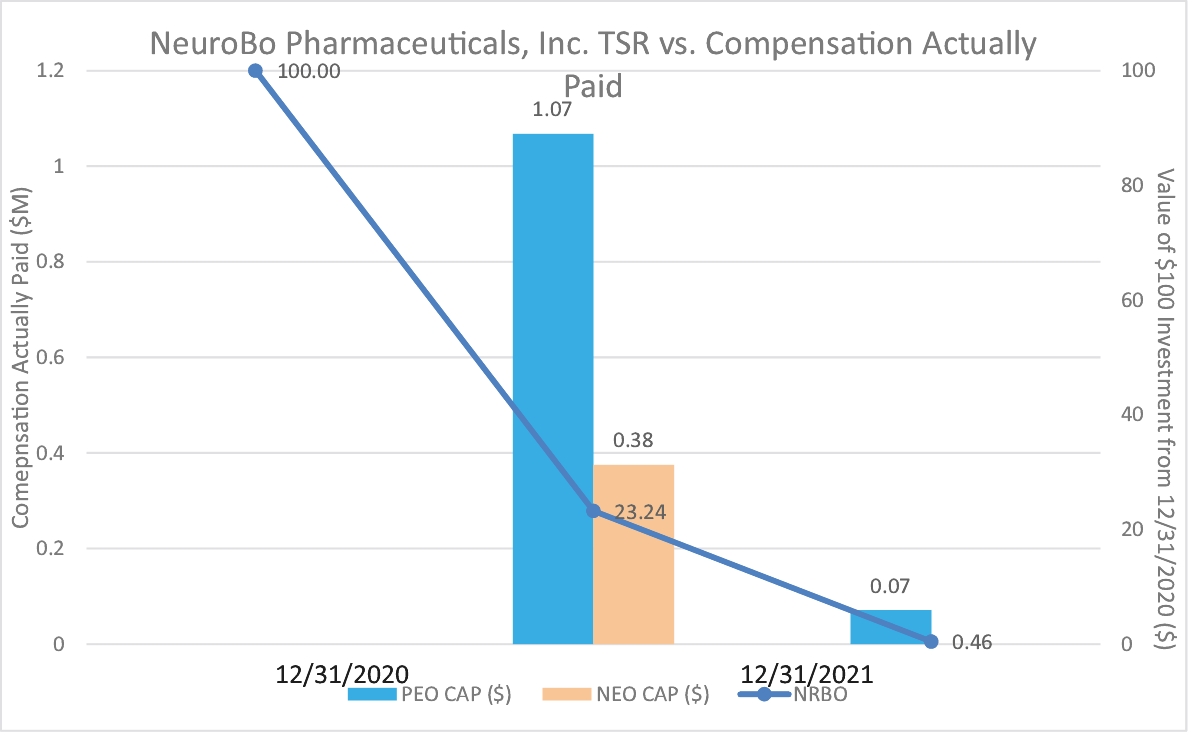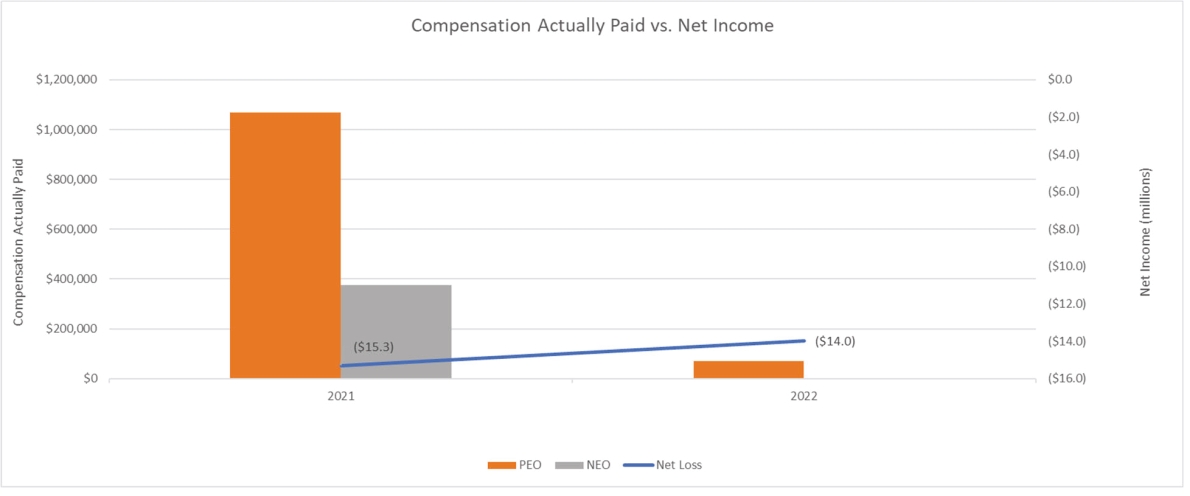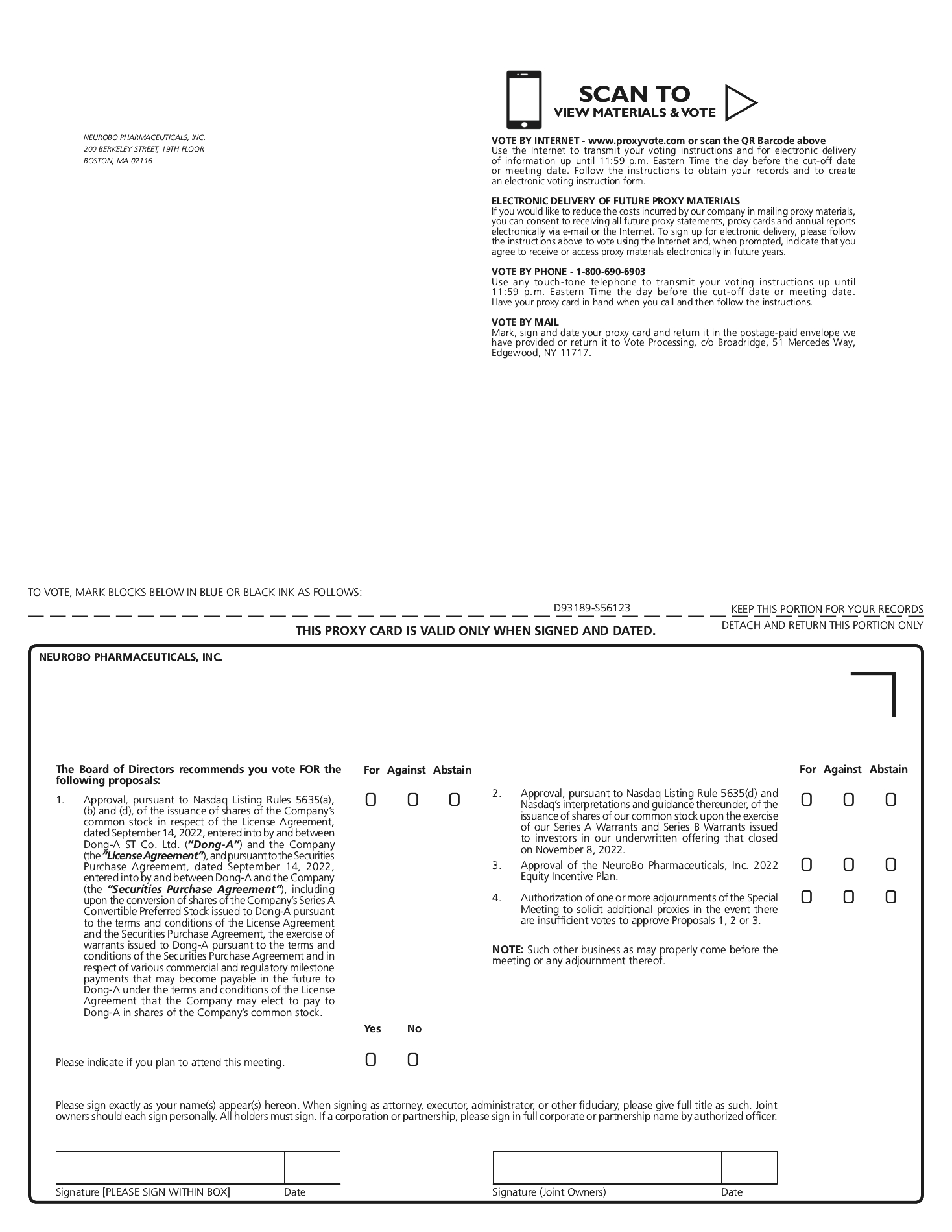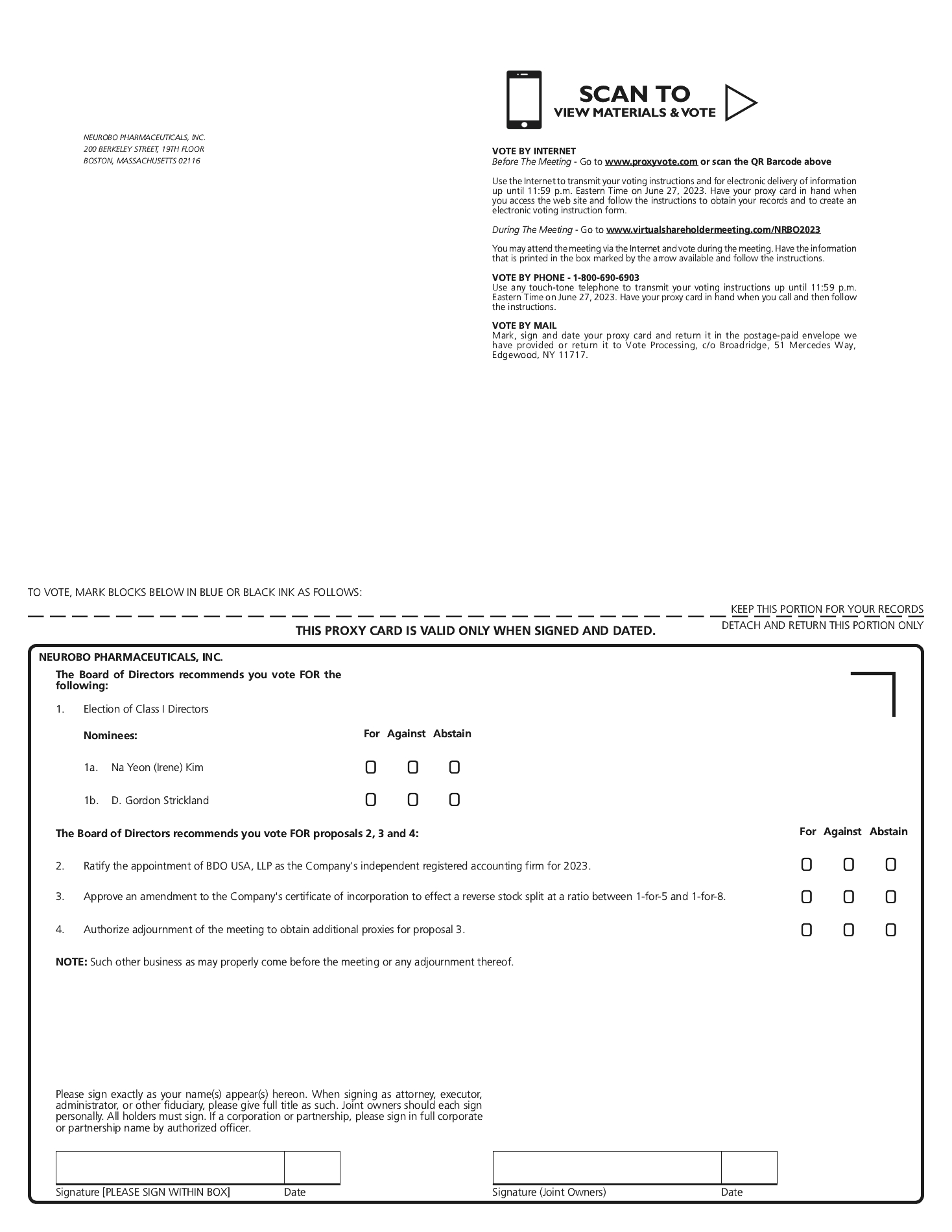provide technical support, pre-clinical development,Glickman, Na Yeon (Irene) Kim, Jason Groves, Michael Salsbury, Andrew Koven, Hyung Heon Kim, D. Gordon Strickland and clinical trials support services in exchange for payment to Dong-ADouglas Swirsky, who was a member of the board through January 2022, are “independent directors” as set forth therein. In addition, the Shared Services Agreement provides that Dong-A will manufacture all of our clinical requirements of DA-1241 and DA-1726defined under the terms providedapplicable rules and regulations of the SEC and the listing requirements and rules of Nasdaq. The Board determined that Richard Kang, our former Chief Executive Officer, President, Interim Chief Financial Officer, Secretary and Treasurer, who served as a director until his resignation on March 29, 2023, was not independent. In making this determination, the Board considered the current and prior relationships that each non-employee director has with us and all other facts and circumstances that the Board deemed relevant in determining each non-employee director’s independence, including the Shared Services Agreement.participation by our non-employee directors, or their affiliates, in certain financing transactions by the Company and the beneficial ownership of the Common Stock by each non-employee director. See “Certain Relationships and Related-Party Transactions” and “Security Ownership of Certain Beneficial Owners and Management.”
Either party may terminateCommittees of the Shared Services Agreement for the other party’s material breach that is not cured within 30 days of notice. Dong-A may also terminate the Shared Services Agreement in part on a service-by-service or product-by-product basis upon a breach by us which is not cured within 30 days.Board
The foregoing descriptionBoard has established an audit committee, a compensation committee, and a nominating and corporate governance committee, each of which has the composition and responsibilities described below. In September 2021, the Board formed the transaction committee, consisting of four members of the Shared Services Agreement is a summary and is qualified in its entirety by referenceBoard to the provisions of the Shared Services Agreement, which was included as Exhibit 10.2 to our Current Report on Form 8-K filed on September 14, 2022.
Securities Purchase Agreement
On September 14, 2022, in connection with the License Agreement, we entered into a Securities Purchase Agreement with Dong-A (the “Securities Purchase Agreement”). Pursuant to the Securities Purchase Agreement, upon the consummation of the License Agreement and our raising at least $15 million from outside investors, (i) Dong-A received the Upfront License Payment and (ii) Dong-A purchased from us $15 million in value of shares of Series A Convertible Preferred Stock and 10,000,000 warrants to purchase shares of our common stock (the “Private Offering Warrants”), of which 5,000,000 were substantially equivalent to the Series A Warrants and 5,000,000 were substantially equivalent to the Series B Warrants issued to investors in our underwritten public offering that closed on November 8, 2022.
As a condition to the execution of the Securities Purchase Agreement, we obtained support agreements from holders of approximately 28% of the outstanding shares of the Company, pursuant to which such holders agreed to vote in favor of this Proposal 1. We anticipate that Dong-A, which holds approximately 10.6% of the outstanding shares of the Company on the Record Date, will vote in favor of Proposal 1.
The terms of the Series A Convertible Preferred Stock are set forth in the Series A Certificate of Designation (as defined below) and described in greater detail below. Underreview the terms of our Series A Convertible Preferred Stock, at such time as we obtainlicense and financing agreements with Dong-A ST Co. Ltd., which were consummated in November 2022. Members serve on these committees until their resignation or until otherwise determined by the requisite stockholder approvalBoard.
Copies of the charters for the issuanceaudit, compensation and nominating and corporate governance committees are available without charge on the investor relations section of our website at http://neurobopharma.com under “Investors & News-Corporate Governance-Highlights”.
Audit Committee
Our audit committee is comprised of Jason Groves, Andrew Koven and D. Gordon Strickland, with Mr. Strickland serving as chair of the common stock underlyingcommittee. Each member of our audit committee meets the Series A Convertible Preferred Stock (the “Stockholder Approval”),requirements for independence under the sharescurrent Nasdaq and SEC rules and regulations and is financially literate. Our audit committee is directly responsible for, among other things:
our accounting and financial reporting processes, including our financial statement audits and the integrity of our financial statements;
our compliance with legal and regulatory requirements;
the qualifications, independence and performance of our independent auditors; and
the preparation of the Series A Convertible Preferred Stock will automatically convert into sharesaudit committee report to be included in our annual proxy statement.
The responsibilities and activities of our common stock at a conversion price equal to the price per shareaudit committee are described further in its charter.
Report of the Audit Committee
The information contained in the Qualified Financing (as defined in the Securities Purchase Agreement), which was $3.00 per share. Furthermore, the Private Offering Warrants may not be exercised by Dong-A prior to our receiptfollowing report of the Stockholder Approval.
Pursuantaudit committee is not considered to the Securities Purchase Agreement, we have agreed to call a special meeting of stockholders not later than 60 days after the closingbe “soliciting material,” “filed” or incorporated by reference in any past or future filing by us under the Securities Purchase Agreement to obtain the Stockholder Approval, with respect to the shares of our common stock issuable upon the conversion of the Series A Convertible Preferred Stock and the exercise of the Private Offering Warrants issued under the Securities Purchase Agreement. We agreed to prepare and file a proxy statement with respect to such special meeting of stockholders within 10 days after the closing under the Securities Purchase Agreement. In the event that we do not obtain the Stockholder Approval at the first stockholder meeting, we are obligated to hold a meeting every four months thereafter.
The foregoing description of the Securities Purchase Agreement is a summary and is qualified in its entirety by reference to the provisions of the Securities Purchase Agreement, which was included as Exhibit 10.1 to our Current Report on Form 8-K filed on September 14, 2022.
Registration Rights Agreement
In connection with the Securities Purchase Agreement, on September 14, 2022, we entered into a registration rights agreement with Dong-A and certain other stockholders (the “Registration Rights Agreement”). The Registration Rights Agreement provides Dong-A with demand and piggyback registration rights, including the right to two long-form registration statements. In addition, we agreed to file, within 30 days following the Stockholder Approval, a registration statement to (i) register the shares of common stock issuable upon the conversion of the Series A Convertible Preferred Stock; (ii) shares of our common stock issuable upon the exercise of the Private Offering Warrants; and (iii) any other common stock held by the parties to the Registration Rights Agreement (the “Registrable Securities”); and to use commercially reasonable efforts to cause each registration statement to be declared effective underExchange Act or the Securities Act of 1933, as amended (the “Securities Act”), unless and only to the extent that we specifically incorporate it by reference.
The audit committee has reviewed and discussed with our management and BDO USA, LLP our audited financial statements as promptly as possible afterof and for the year ended December 31, 2022. The audit committee has also discussed with BDO USA, LLP the matters required to be discussed by the applicable requirements of the Public Company Accounting Oversight Board (United States) (“PCAOB”) and the SEC.
The audit committee has received and reviewed the written disclosures and the letter from BDO USA, LLP required by applicable requirements of the PCAOB regarding the independent accountant’s communications with the audit committee concerning independence, and has discussed with BDO USA, LLP its independence.







